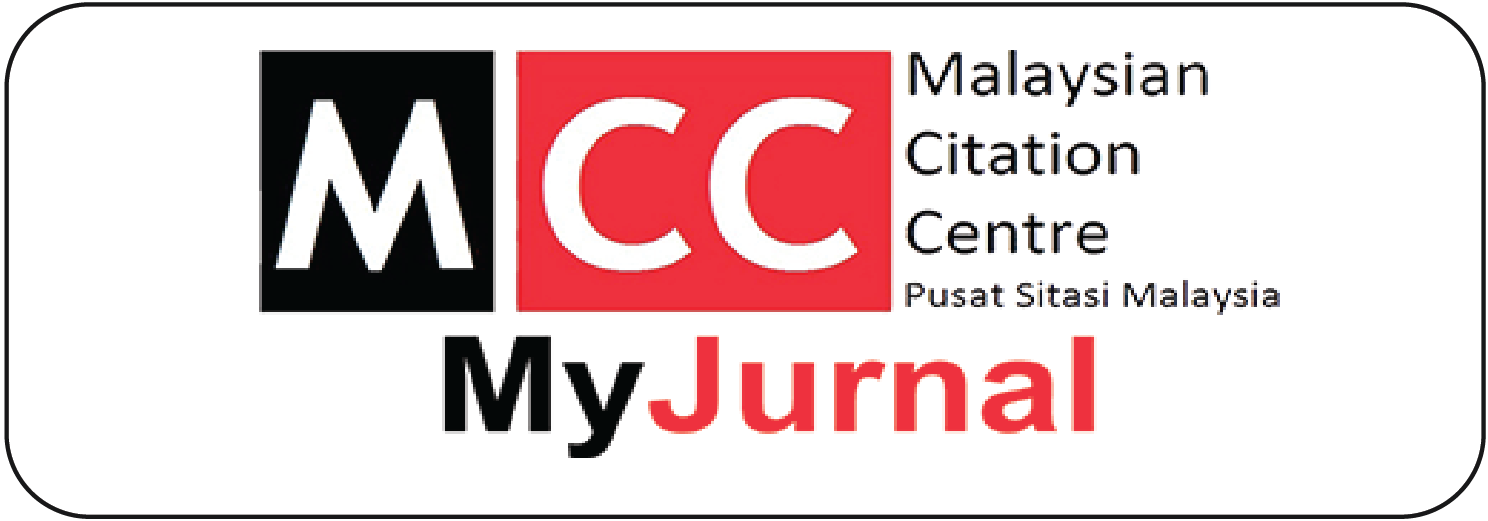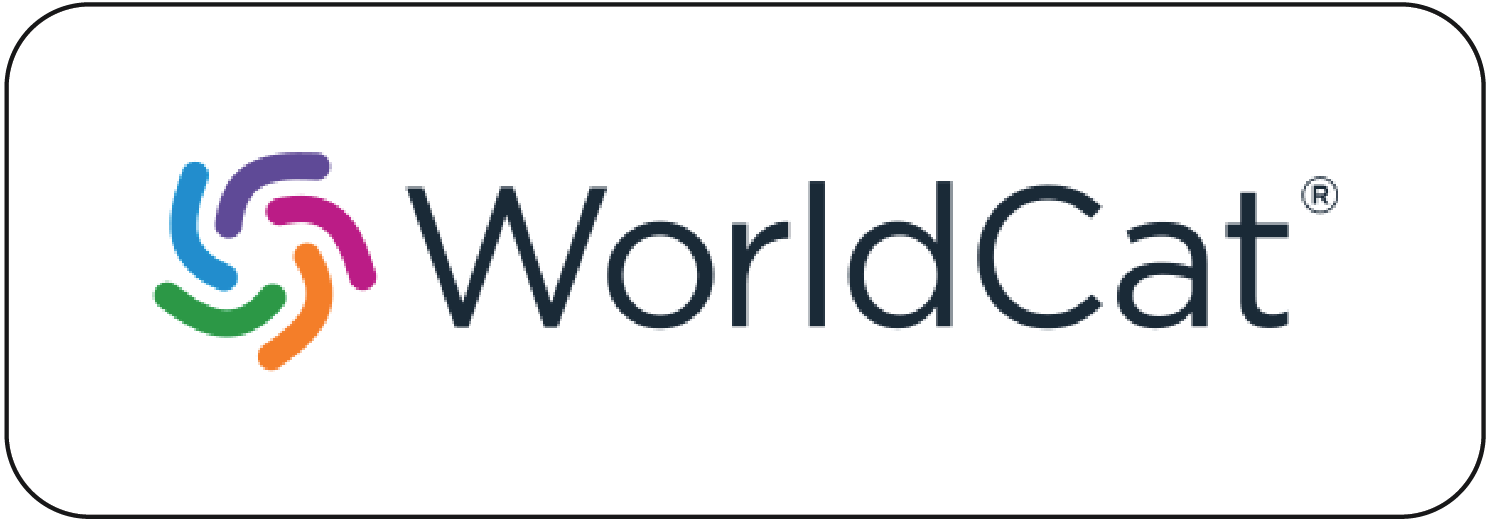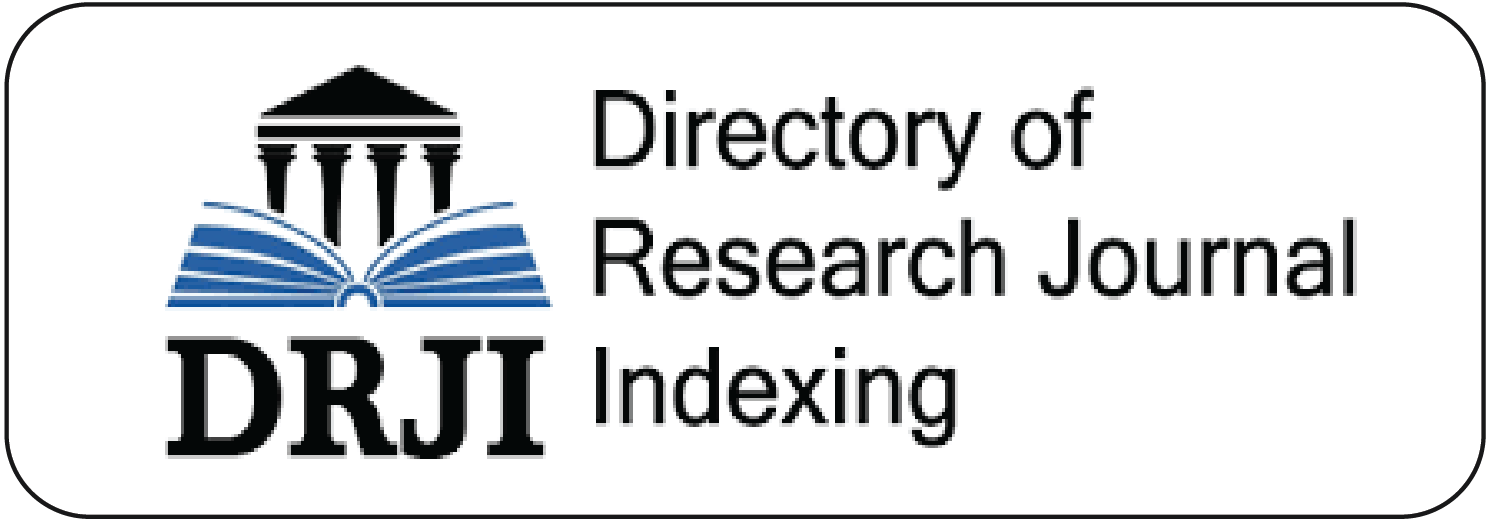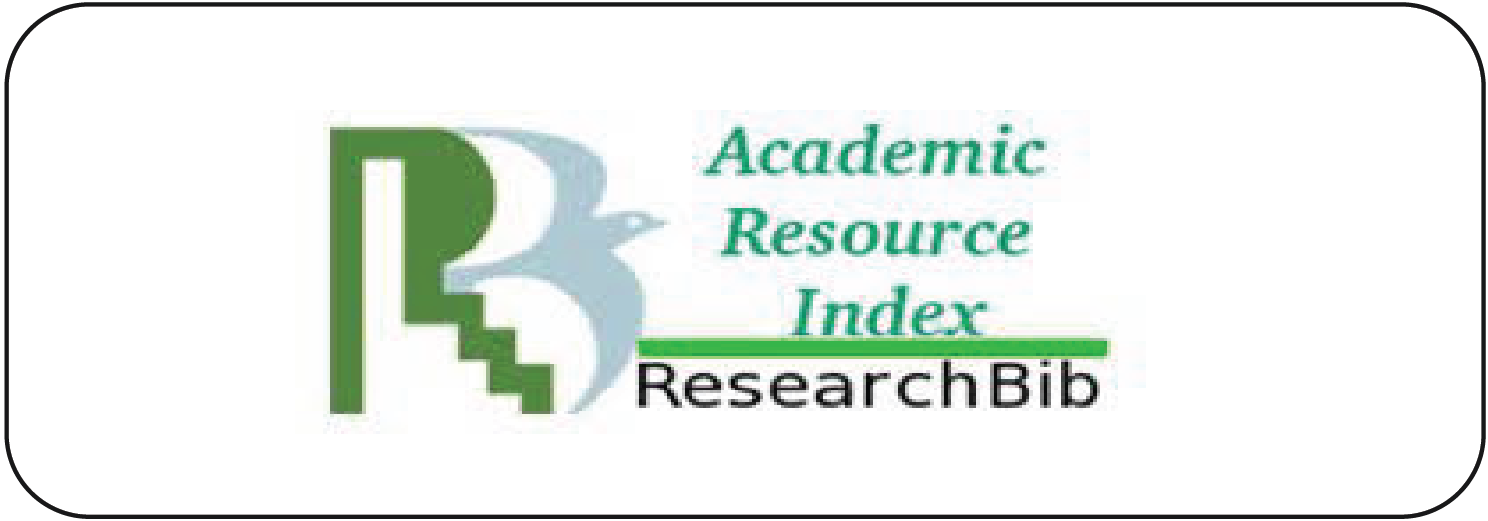Zakat Management for Bengkalis Economic Transformation: A Comprehensive Empowerment Strategy
DOI:
https://doi.org/10.51377/azjaf.vol6no2.211Keywords:
Zakat management, transformation, empowerment, strategyAbstract
The management of zakat has evolved as a significant tool for economic transformation, particularly in regions with a predominantly Muslim population like Bengkalis. This article explores the strategic role of zakat in driving economic empowerment and reducing poverty within the framework of Islamic principles. The study delves into how effective zakat distribution and utilization can lead to a sustainable economic transformation by fostering entrepreneurship, alleviating financial hardships, and supporting community development projects. Key findings highlight the need for an integrated approach that combines zakat management with modern economic tools and policies. This includes enhancing institutional capacities, adopting digital platforms for zakat collection and disbursement, and engaging local stakeholders in decision-making processes. The research emphasizes the role of innovative programs that focus on education, skill development, and microfinance for the mustahiq (zakat recipients), aiming to uplift them into the ranks of muzakki (zakat payers). The article concludes by presenting a comprehensive empowerment strategy for Bengkalis, emphasizing collaboration between government.
Downloads
Downloads
Published
How to Cite
Issue
Section
License
Copyright (c) 2025 Zulfikar Hasan, Alya Yunita

This work is licensed under a Creative Commons Attribution-NonCommercial-NoDerivatives 4.0 International License.





















